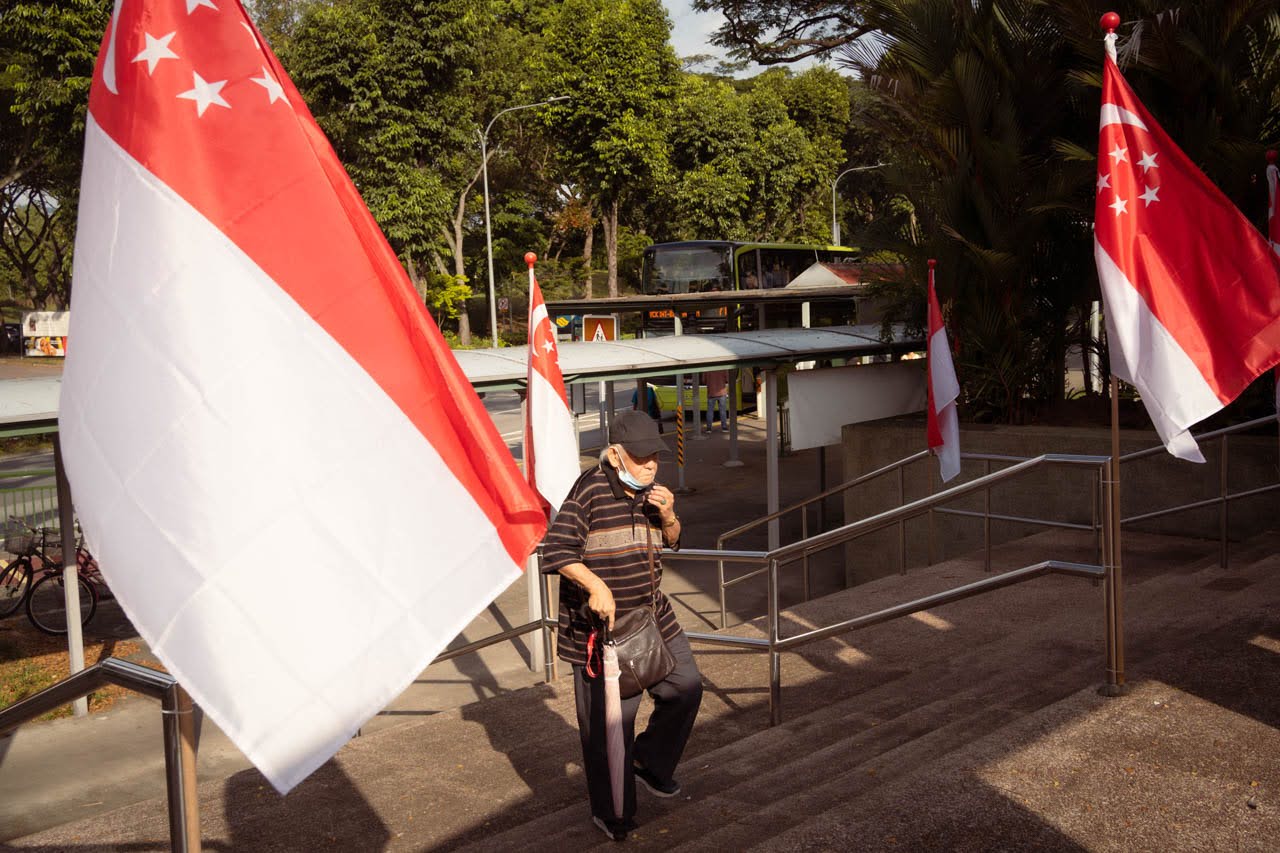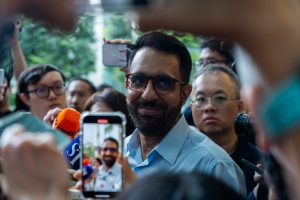Top Image: Stephanie Lee / RICE File Photo
After recent scandals, is ‘ownself check ownself’ nothing more than a myth?
In front of a packed Parliament House on August 2, Prime Minister Lee Hsien Loong gave a Ministerial statement on the Corrupt Practice Investigation Bureau (CPIB) probe into Transport Minister S Iswaran and the recent resignations of two Members of Parliament (MPs).
“The way we have handled these incidents shows how seriously the [People’s Action Party] takes our responsibility of governing Singapore and being accountable to Parliament and to Singaporeans,” PM Lee reiterates halfway through his statement.
There’s a resolute tone throughout the 20-minute speech, but PM Lee’s eyebags betrayed signs of exhaustion. Since 2004, Mr Lee has steered the ship as Singapore’s prime minister. But in his 19 years at the helm, never before has he navigated choppy waters as turbulent as recent political scandals.
There’s little doubt that these shenanigans have dented public confidence in Singapore’s leadership. It’s a bruise so distinct that the Prime Minister had to set the record straight twice—once in his Ministerial statement in Parliament; the second in his National Day message this year.
National Day, of all days! If the man had to address such a blemish on a day meant for flag-waving festivities, you know things are critical.
“Let there be no doubt my government is determined to keep our system free of corruption and wrongdoing,” PM Lee, clad in festive colours, declares.
“We will maintain our high standards of honesty, integrity, and propriety Singaporeans have come to expect this of us—and so have our international partners.”
He elaborates no further, shifting focus towards more pressing issues on the national agenda; public housing being one of them.
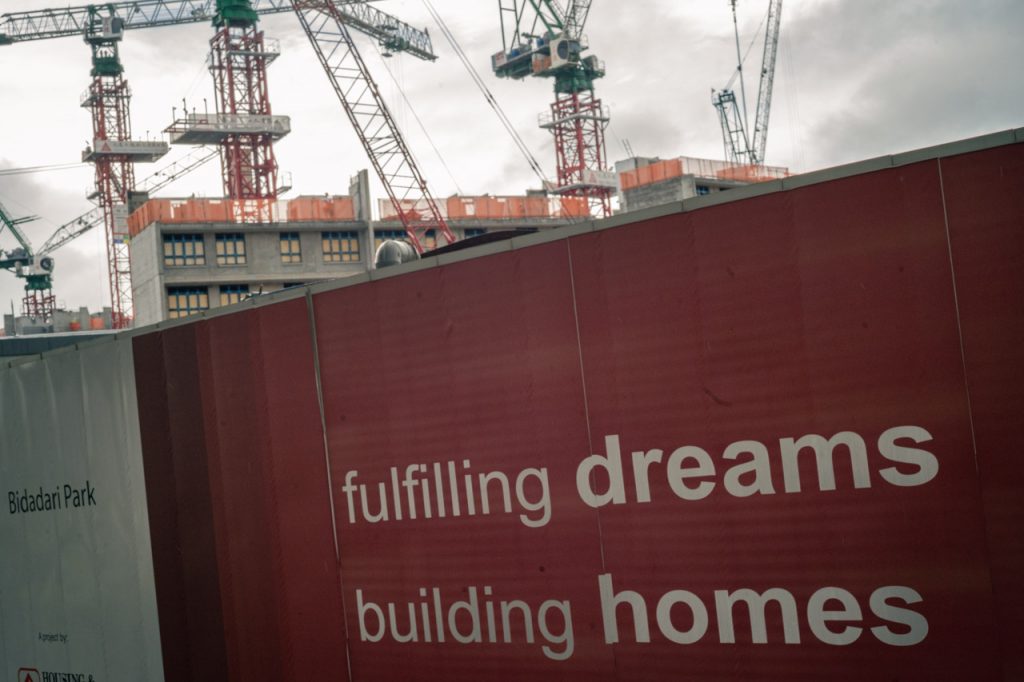
The Reliance On ‘Ownself Check Ownself’
Equally exhausted by having to play catch-up with the recent political scandals, the public turned their attention to National Day festivities—a much-needed breath of fresh air amidst suffocating scandals.
Given the events that have transpired over the past few months, would any Singaporean be shocked if another scandal came to light again? And if so prophesied, you can count on members of the public to reveal their disapproval with a sardonic, “Ownself check ownself.”
The saying, coined by Leader of the Opposition Pritam Singh in 2015, has become a staple of our political vocabulary.
The phrase alludes to who does the checks and balances in Parliament. PAP holds a majority of Parliament’s seats. After the General Elections in 2020 (and before the resignations), the party had 83 out of 93 available seats. As the overwhelming majority, the job of scrutiny and restraint falls on the ruling party itself. Hence ‘ownself check ownself’.
Health Minister Ong Ye Kung turned the saying on its head with a nimble reframing at the Singapore Perspectives 2022 Conference.
“People can say ‘ownself check ownself’, but I see it always as a virtue—if ownself cannot check ownself, you’re in big trouble,” he explains at the Institute of Policy Studies event.
The public can rest easy knowing that formal investigations into the Ridout Road Saga and Transport Minister Iswaran were opened. The PAP MPs involved in the affair were held accountable.
The more pressing question: What political conditions gave MPs the confidence to be involved in such matters in the first place? Singaporeans hazarded a guess: ‘Ownself check ownself’.
While there was some measure of transparency, the virtue of ‘ownself check ownself’ is not the iron fortress it once was. It now stands like a house of cards, at the mercy of the next big scandal to flick away its foundations.
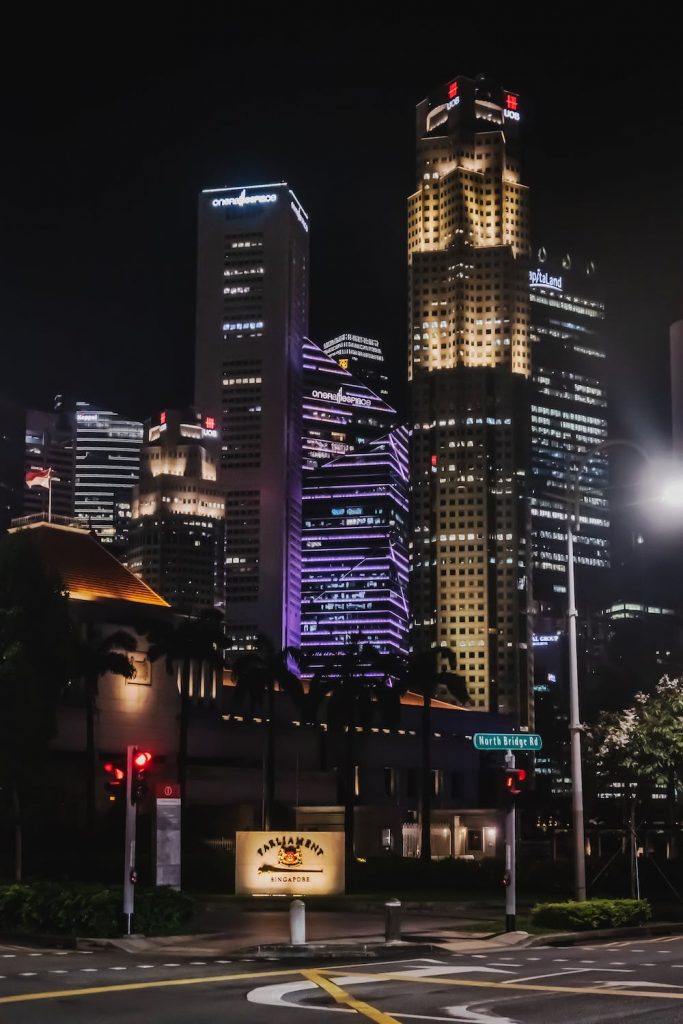
Who Should the Praise Go To?
Even then, the message of ‘ownself check ownself’ keeps reappearing. PM Lee reiterated in his statement that the party is perfectly capable of checking itself, evident from how it managed the recent scandals.
But this is where ownself praise ownself can’t be applied. After all, PM Lee revealed that he knew of the affair between the MPs in November 2020.
It would take three years before the affair came to light. PM Lee explained that he had counselled the MPs involved and carefully considered the inevitable public backlash on the politicians and their family members.
Questions still remained after the Ministerial statement and the ensuing Parliamentary debate. Little extra information was afforded to the public. Instead, the Ministerial statement mostly reiterated what the people had already learnt (plus a rare admission from the ruling party’s leader that he should have done better).
Considering the circumstances, praise should have gone to Singaporeans and the system instead. In a political culture that values transparency, sweeping scandals under the rug is tantamount to political suicide. Coming clean, albeit under uncanny coincidences, was the only plausible option.
If the public is grasping for a silver lining amongst the clouds, the system of checks and balances works; it ensures transparency.
Of course, deciding whether it’s actually the system of government or the people who occupy it that ensures transparency is like debating whether the chicken or the egg came first.
In this case, Singaporeans are trapped in a sticky dilemma. If the answer for assured transparency lies in the people who occupy government, how confident can we really be in our government systems?
Conversely, if it’s the people who occupy government who ensure transparency, are Singaporeans willing to sacrifice a diversity of opinions (which is much needed) for the ‘right’ people in Parliament?
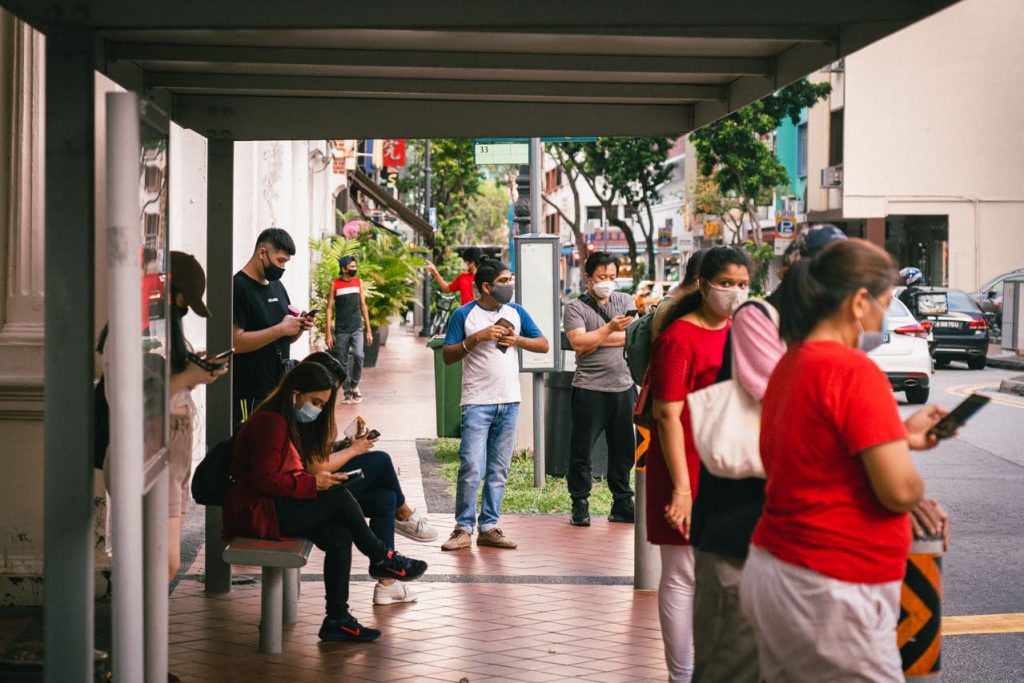
Transparency, A Political Tool
But at least the confusing conundrum has shined some unexpected clarity on the public. ‘Ownself check ownself’ has ceased to be a virtue. It has now become a political tool to rouse support from the masses.
Unless used sarcastically, ‘ownself check ownself’ has lost its force amongst mainstream political discourse, especially after recent events.
At the end of the day, yes, accountability and transparency were afforded. But not without some prodding.
Unfortunately, even across the aisle, transparency by the Leader of the Opposition was hard-won—the common thread being that transparency was used to exemplify the party’s merits.
Regardless of political affiliations, one thing remains clear: ‘Ownself check ownself’ has lost its lustre as a virtue.

